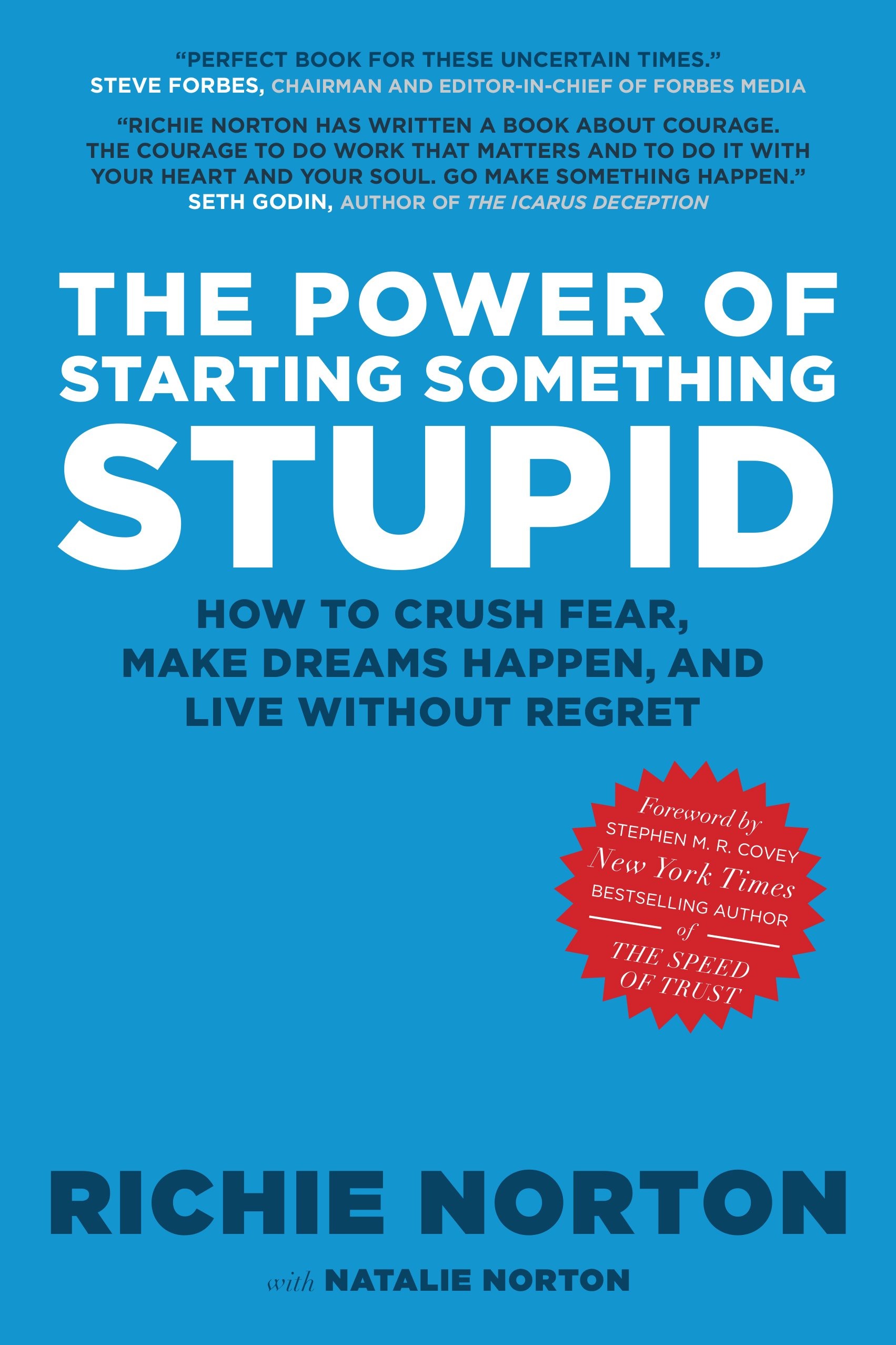 |
| Image from Clipart |
I am typing this out in my lady’s old smartphone. So, if you come across any typos, please IGNORE.
Well, you already know who I am, right? The title says it. I am a handbag. And, what am I writing about? It is my story so far. I’ve mentioned both of these in my title because my previous owner, an English teacher, always insisted her students to give a “suitable” title to their writing. And over the years, after witnessing many a fatal red-ink circles over the titles, I have come to understand that here “suitable” means a title that explains and conveys to the reader what your writing is about.
Moving on to my story, and I am going to start right at the very beginning.
I was born on 20 June, 2000. I was a dark blue baby with comic designs all over me. I was the most beautiful of the whole lot. So, naturally, I was immediately shipped along with a dozen others to the city’s leading fashion bag store- The Bagstore. I gazed at the big mall entrance, from where I was trolley-ed three floors up to the store. Among hundred other shops, I spotted the board stylishly written: The Bagstore.
Well! That was my destination. I was one of the show pieces. That suited me well because I could observe everything from my seat instead of being in a dark dungeon of a storehouse! But I faced one particular problem- nobody bought me.
First, it was all very fine. I made good friends with the other bags, and we really did have a fun time. But soon, each and every one of them found their owner. I was left alone to wait for what seemed like an eternity.
When women stopped to gaze, or even passed pretty slowly, I gave my best enchanting smile, hoping that they would notice. Yes, they did notice. They even came near me, examined me, and exclaimed about how very cute I was. Most of them, kindled my hope by hugging me and tugging me in their arms, while looking at the full-length mirrors of the store. Yet, none of them ever bought me.
‘Why is it so?’- that was the question that racked my brain. Then, I began to notice a pattern in their behavior. All of them, at the end, looked at my price tag; they sighed audibly. They placed me back in my original place. All of them, invariably, glanced longingly at me and then left, never to return that way.
So! The reason must be my price. Isn’t it unfair that we Bags ourselves cannot decide our price? After all, the money doesn’t even come to us! What is important for us is a nice owner, not the money. And, in this case, they had set a very, very high price for me since I was the “cute bag”. I realized that being too beautiful was also a problem, being a bag. Not being cute is also a problem- you might never get sold, but at least they had that chance among those who prefer the less expensive!
I was anxious about finding an owner soon, before I became “out of fashion”.
Then came Neela. She was the boon to my prayers. A middle-aged, stern looking lady, clad in crisp cotton saree, and with round spectacles lodged loosely on her nose, clearly way out of the target-audience I was trained to smile at, purchased me. It was a dream come true! I was so faithful to her, and gave the brightest, most enchanting smile I'd ever given to make sure that passers-by had a compliment for her about me. She always smiled softly when she received them, and gave me a few lovable pets every time somebody complimented. I was never happier.
Several years rolled by. I learnt many things about Neela. She was an English Teacher, and a proficient one at that. She corrected her students' answer scripts sincerely, and I got to learn much of the English I know from her. I also got to read so many interesting novels that she carried around with her in me. She particularly was a fan of the plays of George Bernard Shaw, and read and re-read most of them. She carried a generous amount of cash, and stored all her bills meticulously. She also carried with her chocolates, safety pins, a lip balm, her spectacle box and her phone charger always. Most of my inner-side came to be stained with read ink and scratches.
I was a very happy Bag, until one day there came a decisive turn in the fate of my life. She had left me at home one day, and when she came back, there was a new Bag, shinier, bigger and seemed to be of a new fashion. My panic grew as she slowly started shifting her stuff out of me on to the table. I knew it then, the stuff wasn't coming back to me. She picked me up as she opened her cupboard. Trying hard to stay with her, I slipped from her hand and fell to the ground, hoping she would not discard me into the forgotten parts of the cupboard.
But, she picked me up back and gently placed me in the corner of the cupboard, and shut me into the dark. For a few minutes, I couldn't understand. It was all over, in less than a minute.
"Feeling bad?" I heard a voice. I turned to see the other bags, most of them really old that I didn't even recognize their fashion.
"Yeah, she threw me out," I said.
"That's the lifetime of a bag, my dear. Neela is one of the nicer people. She would never throw you out," said an elderly Sling-purse.
I looked again properly at them, and realized there was a whole family there. I sighed, as I settled back, allowing myself a sad smile.
Wondering how I am writing this out, then?
Several more years later, Neela took me back out. But, this time not for herself, but for her daughter. I gave an enchanting smile as the thirteen year old girl hugged me tightly, and squealed with excitement as she arranged her things in me. And she put her mom's old phone, which was now hers, and slung me on proudly. She was going out on a school excursion, and I was the dream bag she wanted from all of her mother's collection.
I felt something familiar- that I had never been happier. And, it hit me that it's all just a phase, both happiness and sadness.
And, presently, I type this out as my new friend is busy chatting up with her friends in the room. Life is not all too bad, it's all just a phase, and the cycle is bound to repeat! See you soon!
Au revoir mon ami! (Oh, yeah, my little friend reads French, so I'm picking up a new language because Neela used to keep saying: you're never too old to learn!)






